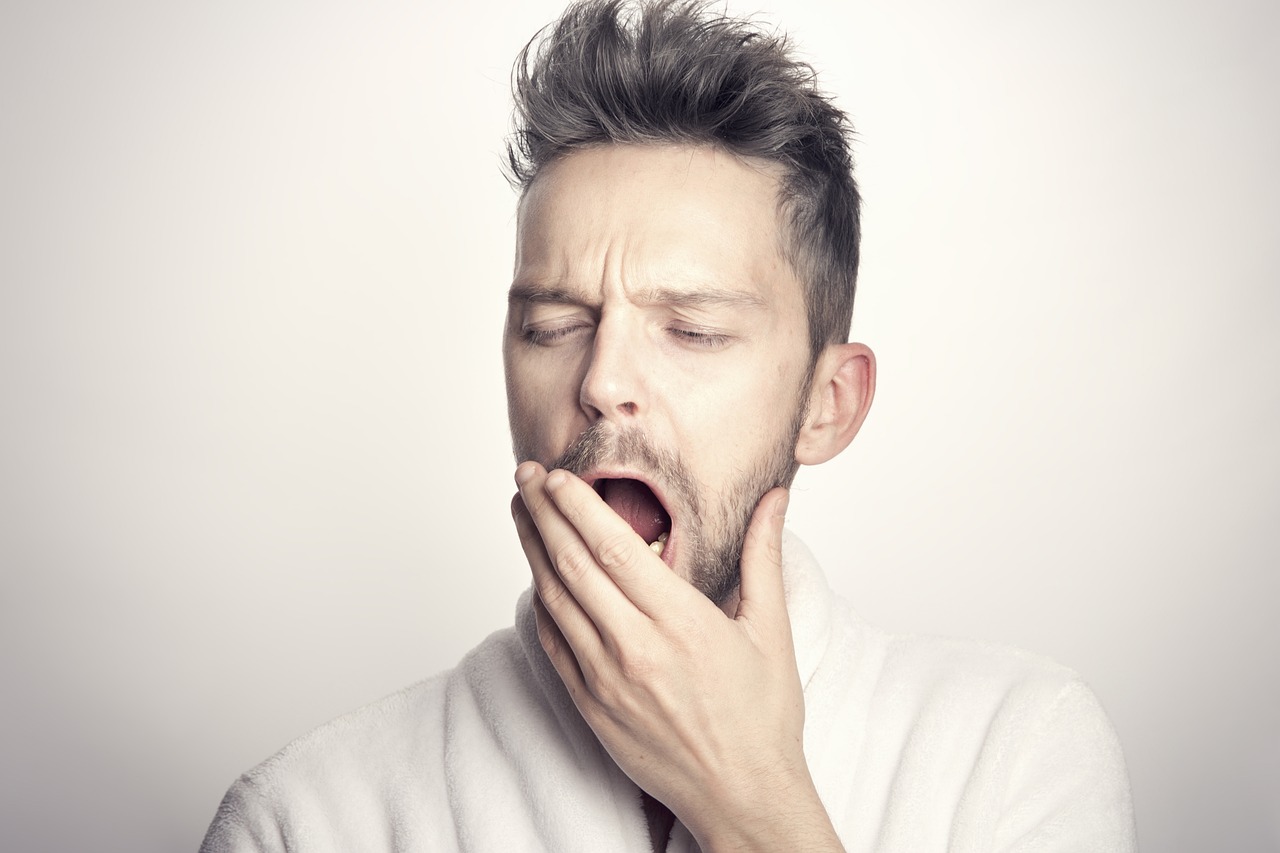CBD (cannabidiol) has gained significant popularity in recent years as a natural remedy for various ailments. Some people report feeling tired after taking CBD, which leaves many wondering: does CBD make you tired? In this article, we will explore the possible reasons behind this effect, as well as the potential benefits of CBD. We will also reference scientific research to provide a well-rounded understanding.
The Science Behind CBD
CBD, a non-psychoactive compound found in the cannabis plant, interacts with the body’s endocannabinoid system (ECS). The ECS plays a crucial role in maintaining homeostasis, regulating processes such as sleep, mood, and inflammation (1). This interaction is what makes CBD a potentially effective treatment for various conditions.
CBD’s Impact on Sleep
Some studies suggest that CBD might help improve sleep quality by regulating the sleep-wake cycle (2). For instance, it could potentially reduce REM sleep disturbances and increase total sleep time. Consequently, people might feel more refreshed and alert upon waking.
On the other hand, CBD is not a sedative, unlike its cousin THC (tetrahydrocannabinol). In fact, low doses of CBD might even promote wakefulness (3). However, higher doses could contribute to feelings of drowsiness or fatigue in some individuals (4).
It is worth noting that the exact effects of CBD on sleep remain a topic of ongoing research, and the results so far are not conclusive.
Individual Factors and CBD
The way CBD affects an individual’s energy levels can depend on several factors. These include genetics, metabolism, and the presence of other medications or substances in the system (5).
Moreover, the quality of the CBD product, the dosage, and the method of consumption can also influence how it makes a person feel. For instance, vaping CBD might produce quicker, more potent effects compared to consuming it orally in the form of capsules or edibles.
Potential Benefits of CBD
Despite its potential to cause drowsiness in some individuals, CBD offers a range of potential benefits. These include:
- Reducing anxiety and stress: CBD has shown promise in alleviating symptoms of anxiety and stress, which could indirectly improve sleep quality (6).
- Pain relief: CBD’s anti-inflammatory and analgesic properties might help manage chronic pain, making it easier to fall asleep (7).
- Neuroprotective effects: Research indicates that CBD could protect the brain from damage and support healthy cognitive function (8).
Conclusion
In summary, CBD might make some people feel tired, but its effects on energy levels can vary greatly depending on individual factors and the specific product used. It is essential to consult with a healthcare professional before using CBD, especially if you are on other medications or have a pre-existing condition.
References
- Aizpurua-Olaizola, O., Elezgarai, I., Rico-Barrio, I., Zarandona, I., Etxebarria, N., & Usobiaga, A. (2017). Targeting the endocannabinoid system: future therapeutic strategies. Drug Discovery Today, 22(1), 105-110.
- Babson, K. A., Sottile, J., & Morabito, D. (2017). Cannabis, cannabinoids, and sleep: a review of the literature. Current Psychiatry Reports, 19(4), 23.
- Murillo-Rodríguez, E., Millán-Aldaco, D., Palomero-Rivero, M., Mechoulam, R., & Drucker-Colín, R. (2008). Cannabidiol, a constituent of Cannabis sativa, modulates sleep in rats. FEBS Letters, 582(21-22), 3005-3010.
- Millar, S. A., Stone, N. L., Bellman, Z. D., Yates, A. S., England, T. J., & O’Sullivan, S. E. (2019). A systematic review of cannabidiol dosing in clinical populations. British Journal of Clinical Pharmacology, 85(9), 1888-1900.
- Huestis, M. A. (2007). Human cannabinoid pharmacokinetics. Chemistry & Biodiversity, 4(8), 1770-1804.
- Blessing, E. M., Steenkamp, M. M., Manzanares, J., & Marmar, C. R. (2015). Cannabidiol as a potential treatment for anxiety disorders. Neurotherapeutics, 12(4), 825-836.
- Xiong, W., Cui, T., Cheng, K., Yang, F., Chen, S. R., Willenbring, D., … & Zhang, L. (2012). Cannabinoids suppress inflammatory and neuropathic pain by targeting α3 glycine receptors. Journal of Experimental Medicine, 209(6), 1121-1134.
- Hampson, A. J., Grimaldi, M., Axelrod, J., & Wink, D. (1998). Cannabidiol and (−) Δ9-tetrahydrocannabinol are neuroprotective antioxidants. Proceedings of the National Academy of Sciences, 95(14), 8268-8273.



